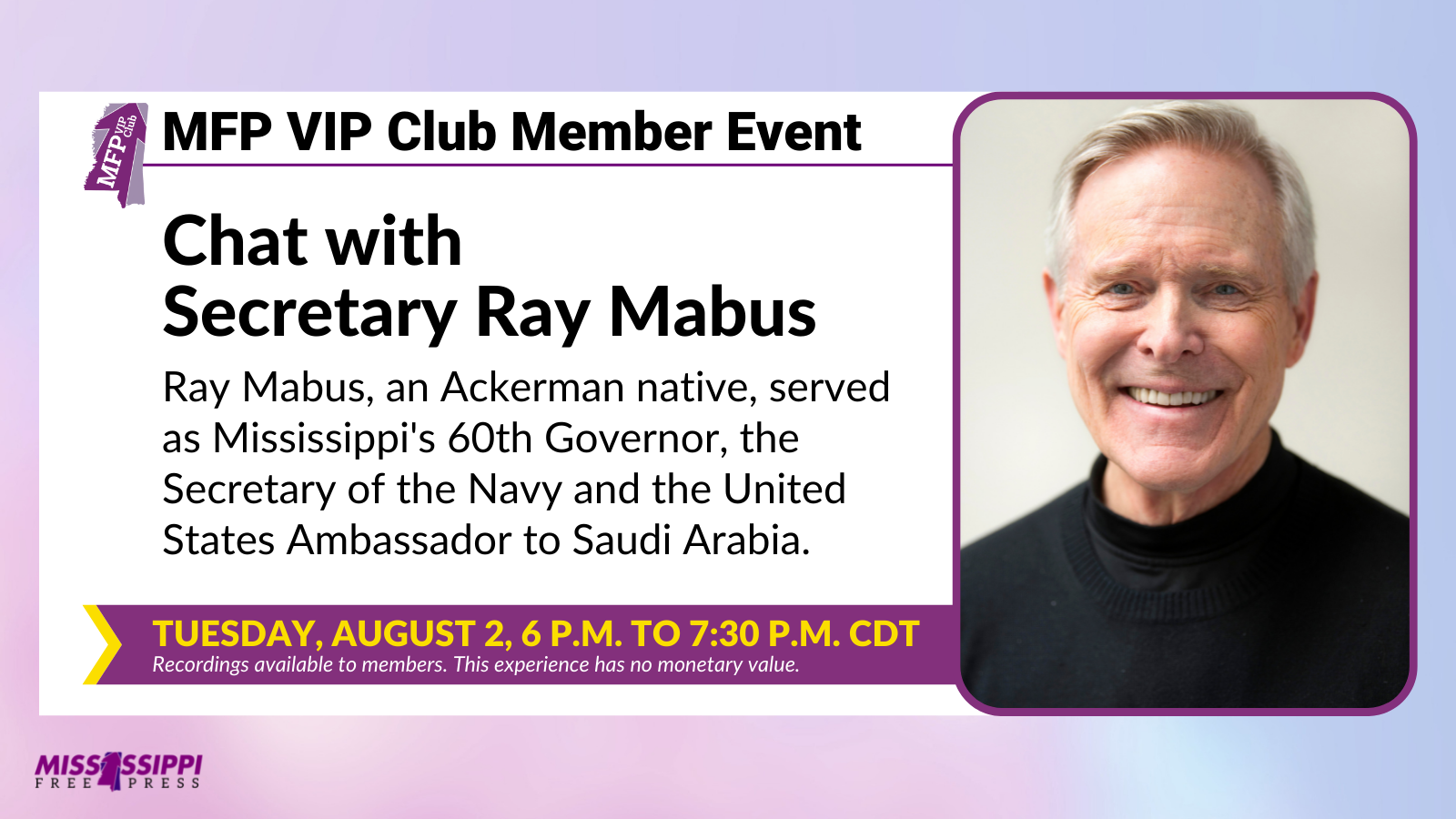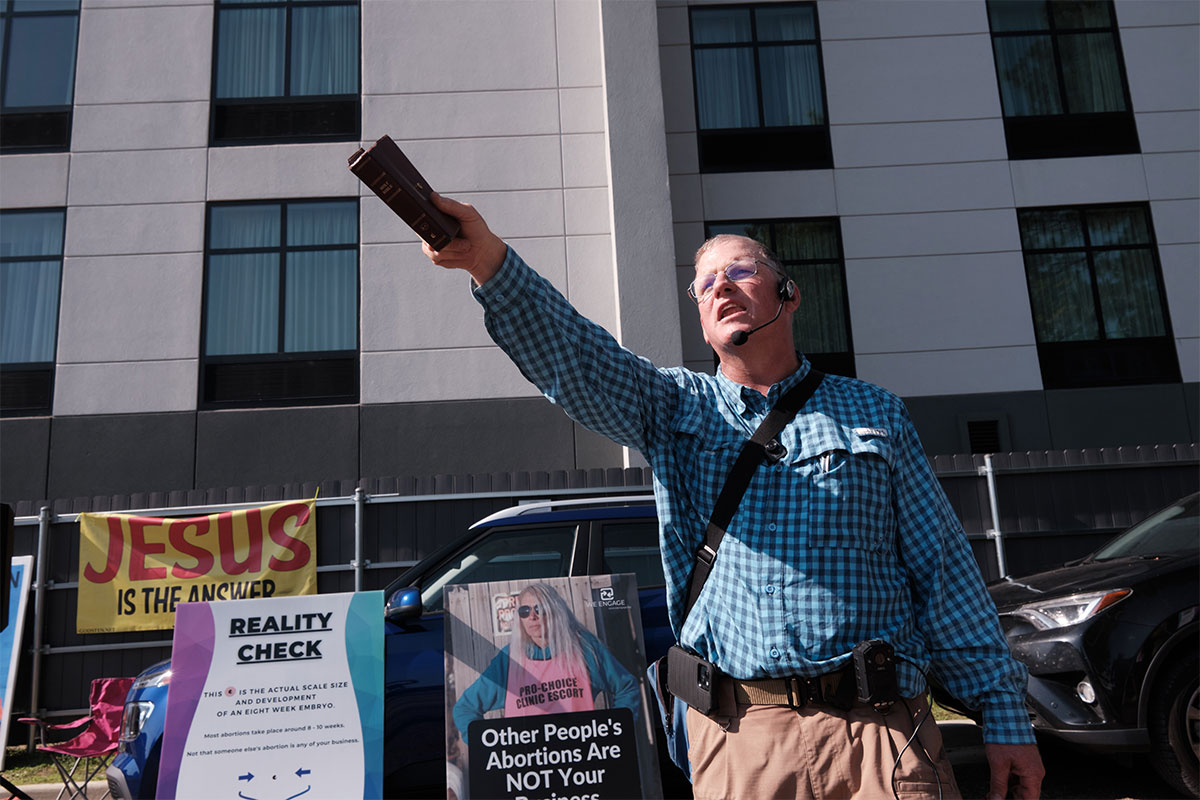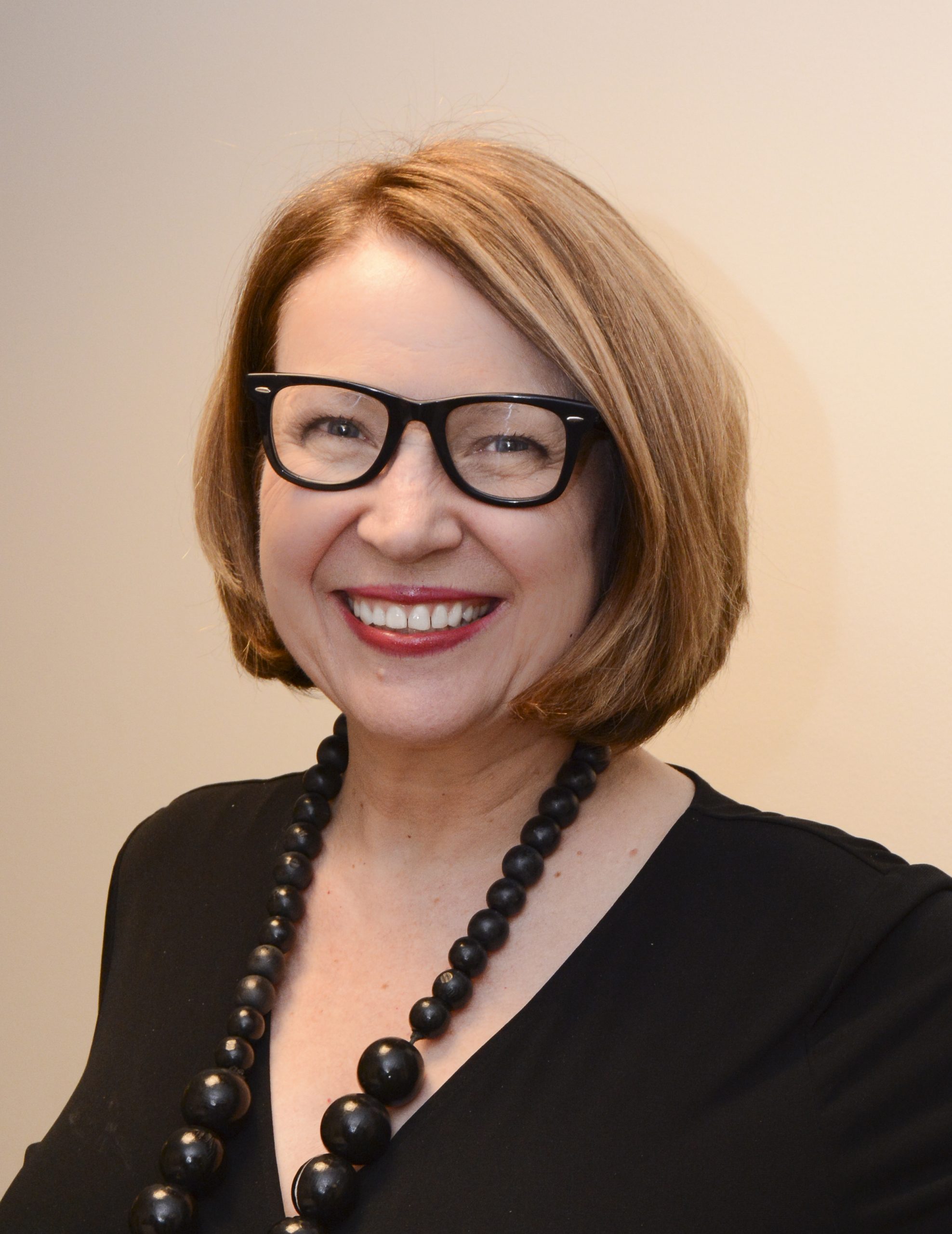What a time we’re living through. Who knew that in 2022 we’d be watching grown members of Congress falsely calling a 10-year-old girl a “liar” about a now-arrested 27-year-old man raping her—or insisting that any pregnant child, maybe due to her own father, must give birth? Or that people across the country believe a mother should die, even from ectopic pregnancies, rather than her doctor being able to terminate her pregnancy? Or when women can no longer get treatment for miscarriages?
These are tough words even to type.
Many people with varying beliefs about women choosing abortion are now shocked by these words and efforts to outlaw what other people consider abortion starting at fertilization (including IUDs, Plan B and perhaps the regular birth-control pill). But at the Free Press, we knew it would happen, but even many reporters across the U.S. seem to be shocked at the now-national Personhood-type strategy that Mississippi voters defeated in 2011—and the efforts to nationalize policies that the majority of Mississippians continued too extremist and dangerous.
Political reporting, usually by white men if we’re honest, managed to two-sides-only the abortion debate for years, ignoring so-called “fringe” ideas, simplifying the debate into either “pro-life” or “pro-choice” (if they covered it at all), and appeasing politicians they cover while failing at educating the American public about what we at the Mississippi Free Press knew was imminent after Roe v. Wade was overturned.
Put it this way. Powerful people have long had strategies for power shifts in our country that a Pollyannaish press would rather ignore than risk being called crazy, “extremist” or lose coveted sound-bite access for reporting uncomfortable facts. I saw it back at the Jackson Free Press during the Personhood lead-up, and I’m seeing the results of it now.
Many assumed the First Amendment and all the other constitutional rights—even those brave Americans died to enable—would always be there. But too many only want those rights for themselves and to protect their beliefs.

Needless to say, Kimberly and I have assembled a team at the Mississippi Free Press who aren’t easily fooled, who believe in difficult proactive reporting, and who report causes and then solutions. Our team is not lured by the two-way horserace model that lets so much vital reporting slip through the cracks and helps ingrain the kinds of public and media ignorance that led us to this moment. We don’t bow to politicians or parties of any stripe, and we work to anticipate the story, not scramble to catch up later.
As someone told me last week in Los Angeles: “The MFP model must spread.”
We don’t believe in giving up in frustration, although it can be tempting. Our team is staying ahead of the abortion story, for instance, with Ashton Pittman reporting last week on the potential “sneaky” intention of Mississippi’s U.S. senators pushing a national law to require child-support payments from fertilization. (Please pay close attention to the word “fertilization” when you see it and ask more questions.)
Last week, Nick Judin and I were at the University of Southern California for his new national health fellowship to explore the impacts of current eviction practices in Mississippi—especially solutions to report to stay ahead of another crisis that will get worse and have myriad impacts. Our laser focus on health equity includes examining causes and solutions for disparities that lead to poor health outcomes—it’s hard to stay healthy when you don’t know where your next bed will be.

Back home in Jackson last week, Aliyah Veal did a wonderful deep-dive into Jackson’s youth film summer program, which can do far more to prevent violence than whining on Twitter. (On that note, watch for the anticipated return of the Mississippi Youth Media Project and its stunning and innovative journalism by teenage journalists next summer; you can also earmark donations for YMP reboot now that it is part of the nonprofit Mississippi Journalism and Education Group.)
Plus, Lukas Flippo did a staggering piece on a Black businesswoman renovating and working with Mississippi State University to excavate a plantation in Natchez and the difficult questions raised about the enslaved people who toiled there.
You, of course, make all of this work possible. Please keep spreading the word and giving what you can to grow this model, or join the cool cats of the MFP VIP Club. The nation is, quite literally, watching and sharing what we’re doing in Mississippi. It matters.
This MFP Voices essay does not necessarily represent the views of the Mississippi Free Press, its staff or board members. To submit an essay for the MFP Voices section, send up to 1,200 words and factcheck information to azia@mississippifreepress.org. We welcome a wide variety of viewpoints.






